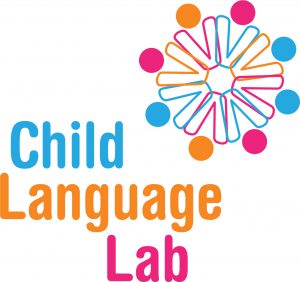 Our research seeks to understand differences in early language development by examining young children’s learning abilities and their experiences with language and communication. We use a variety of research methods, including eye tracking, analyses of infants’ natural learning environments, and studies of family-centered interventions.
Our research seeks to understand differences in early language development by examining young children’s learning abilities and their experiences with language and communication. We use a variety of research methods, including eye tracking, analyses of infants’ natural learning environments, and studies of family-centered interventions.
Some of the questions that guide our research are:
- What do infants’ real-life learning environments look like? Who talks with babies, when, and how? How do interactions change over the first few years of life?
- What kinds of interactions are most helpful for learning words? Do the same kinds of interactions support word learning in children from different cultural and linguistic backgrounds?
- How do bilingual children gain language and literacy skills in their two languages? How does their
knowledge and experiences in one language affect the way they understand and learn a second one? - How do socioeconomic conditions shape the contexts in which children develop and affect children’s
learning trajectories?
A key goal of our work is to inform the development of innovative approaches for supporting healthy development
in children from minoritized backgrounds.
Check out our Current Projects and Publications.
